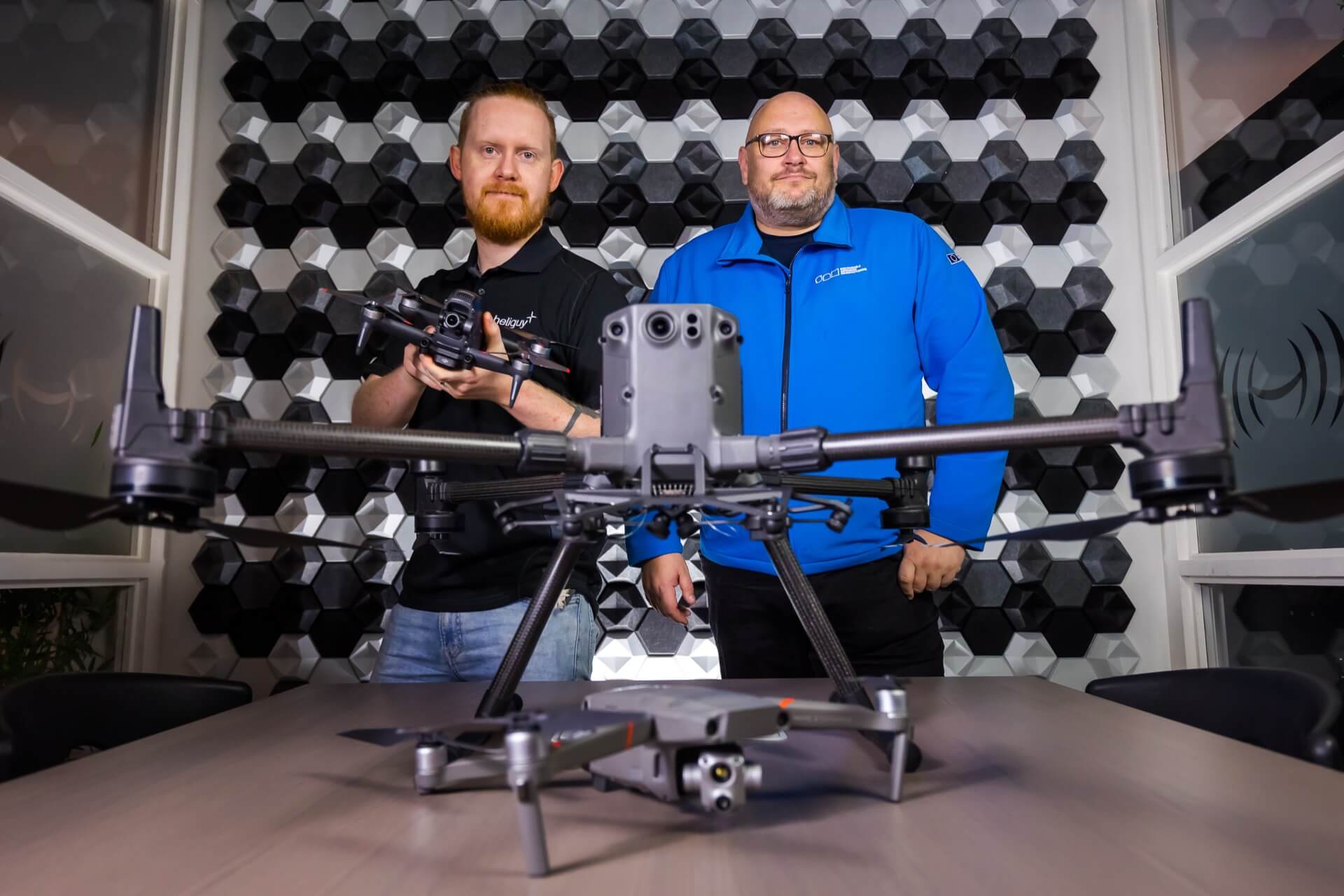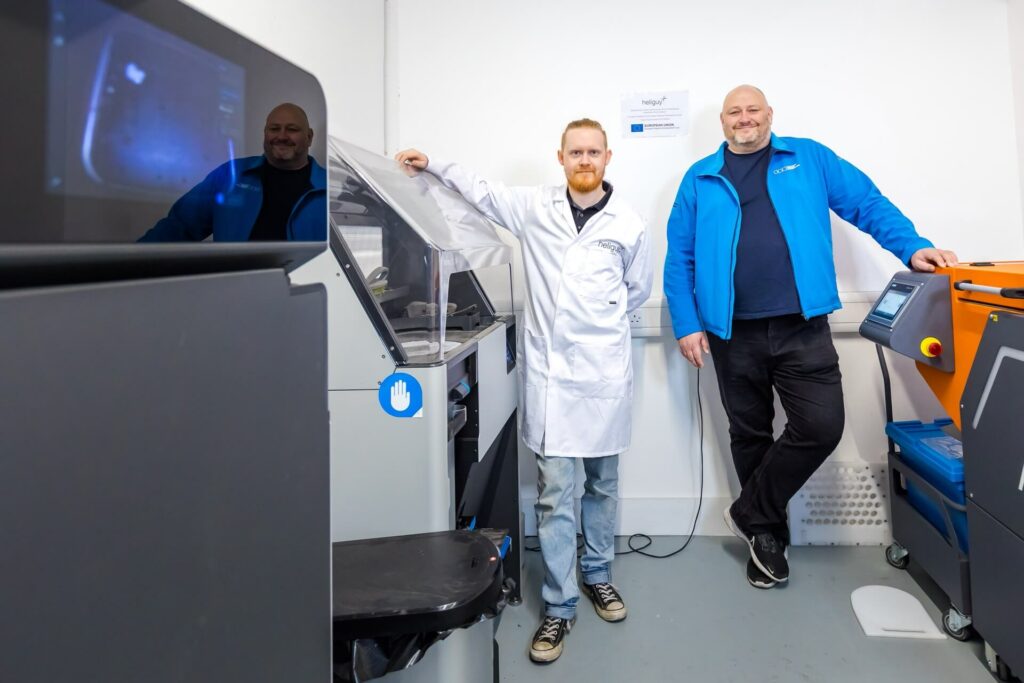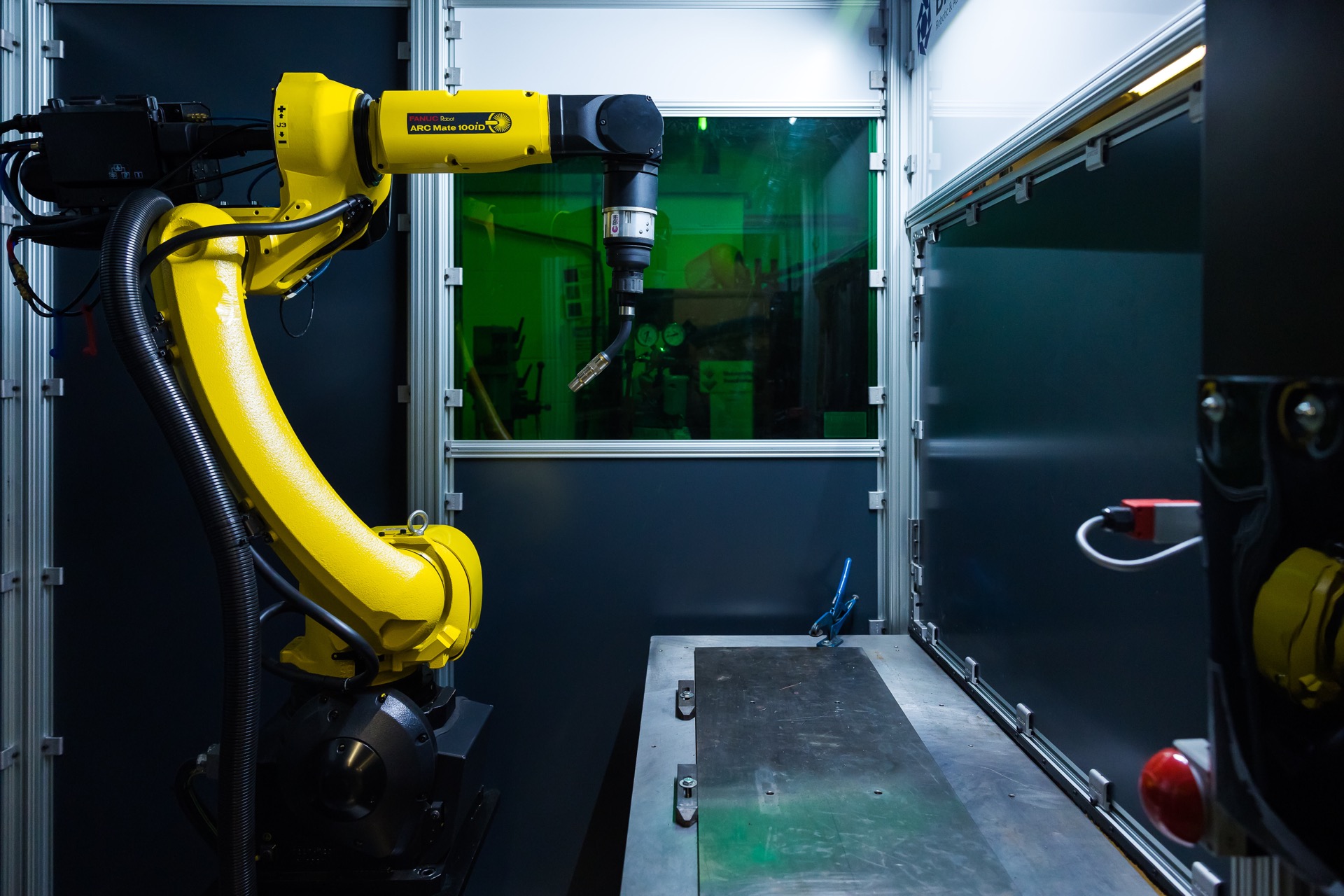A North East soft drinks manufacturer has seen sales fizz after investing £6million into a new canning line and entering into its best year to date.
Clearly Drinks, which manufactures its own branded products as well as providing a contract bottling service to some of the industry’s biggest names, is expecting revenue to double this year after tripling its capacity to 160 million litres over the last three years.
The continued investment by the company into its award-winning Sunderland plant is part of a wider investment programme which has seen the company expand into new markets, differentiate from its competitors, increase sustainability and launch new product lines.
Led by chief executive Mick Howard, who joined the company in 2018 having spent over 30 years in senior technical roles overseeing the operations of major brands across Africa and Europe including SAB Miller, the investment is the largest in the company’s 135-year history, helping futureproof the firm and bring it in-line with industry standards.
Mick said: “To make such an investment during a pandemic was a brave and courageous decision however it is one that has really paid off for the business.
“Not only has it helped us bring new products to market but it has also seen our headcount exceed 100 employees and made the business much more agile. It’s a really exciting time for everyone involved with Clearly Drinks.”
Founded in 1885, Clearly Drinks originally started life as Fenwick & Sons before rebranding to Villa Drinks, a name synonymous with the North East which is still remembered fondly by people across the region and who’s iconic ghost sign adverts can still be seen on the gable ends of red-brick buildings across Tyne & Wear.
Today, the company employs over 100 people and remains deep-rooted in the local community by creating apprenticeships for local people through its annual recruitment programme and supporting local charities such as the Salvation Army, as well as maintaining a strong working relationship with Sunderland College.
Mick added: “Having been born and raised in the North East, I know the story behind Villa and was delighted when I was approached to take on the mantle of helping steer this historic business into the 21st century.
“I knew how much the company meant to the local community and its employees, therefore we made it our mission to ensure everyone was on board with our growth plans while continuing to invest in the community and give back to those that have given so much to this business over the past century.”
As well as investing in a state-of-the-art canning line, the company has also purchased a new pasteurisation unit and nitrogen dosing system which have led to the creation of 10 new jobs and helped the company land its largest contract to date with a national wholesaler.
The total investment, which is over £6.5million, was supported by the Sustainable Advanced Manufacturing (SAM) Project, which provided technical support to help the company integrate the new technology into its business, as well as a £50,000 grant towards the purchase of the new pasteurisation unit.
“The support from SAM was fantastic,” Mick said. “The process was super-simple and allowed us to not only tap into funding to help de-risk our investment somewhat, but also receive the technical expertise required to ensure we maximise the potential of the new equipment and technology.
“For a business like us, in the current landscape, it can be quite hard tapping into funding and support when you’re looking to scale and the team at the SAM Project really went above and beyond to help us.”
The Sustainable Advanced Manufacturing (SAM) Project is a £10.9m collaboration between the European Regional Development Fund (ERDF), the University of Sunderland and the Northern Powerhouse Initiative and Industry, supporting the implementation of product and process development and the introduction of technology within the SME manufacturing base in the North-East Local Enterprise Partnership (NE LEP) area.
Roger O’Brien, project and technical lead at the SAM Project, said: “Clearly Drinks is a real North East success story and we’re delighted to have been able to support the company on its incredible growth journey.
“The investment in the new canning line and pasteurisation unit will not only help make the business more sustainable but it will also allow it to realise its potential and continue growing its presence across the globe. We’d like to wish them all the best for the future.”





